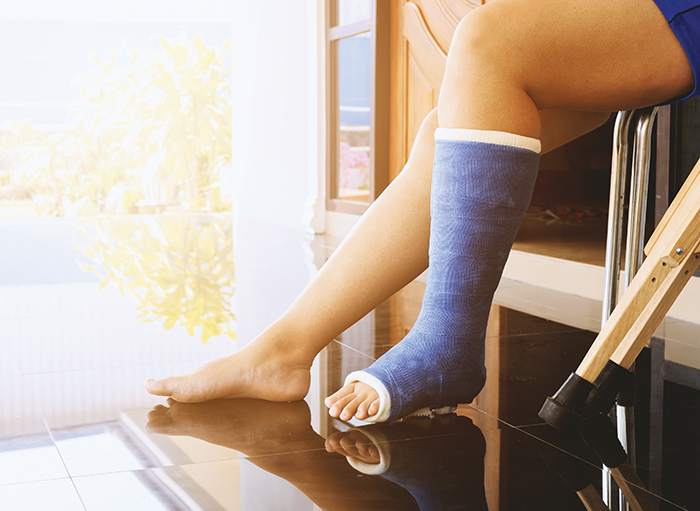
As we age, we begin to learn — sometimes firsthand — how devastating a fall can be. It isn't quite as easy as it once was to hop back up and continue on our way. While the majority of falls are non-life-threatening, they can take a serious toll on quality of life and independence. The good news, however, is that most falls are preventable.
"Being aware of the risk factors and taking the proper precautions can reduce your chances of serious injury, and help you maintain and improve the quality of your health and remain independent," said Dr. James Metcalf, a medical director with UnitedHealthcare Medicare & Retirement based in the US.
Read on for important risk factors and tips for avoiding falls:
Lower back strength
People who have weaker lower bodies or have trouble with balance and walking should take extra precautions. Do exercises that can strengthen your legs and improve balance.
Medication
Any time you get a new prescription, ask your pharmacist or doctor about side effects like dizziness or drowsiness. These can affect your balance.
Footwear
Pay attention to foot pain as it may be a symptom of poor footwear. Make sure your shoes fit appropriately and are comfortable. Wear low-heeled shoes with rubber soles for good traction. Generally, avoid wearing slippers, shoes with leather soles or high heels. See a doctor if you are experiencing foot pain.
Clutter
Most falls happen at home. Rugs or objects in your way can be problematic. Remove clutter, fix steps that are uneven and make sure there is adequate lighting throughout your home.
Physical support
If you don't already have them, install grab bars and handrails in the bathroom and on stairways. Use a cane, walker, crutches or anything else that will help make walking easier.
Hearing and vision
Get your vision and hearing checked regularly. Problems with hearing or sight can throw off your balance and coordination. Ask your doctor if you could benefit from some vision or hearing aids."Falls are more common than many people think, and all of us are susceptible," said Metcalf. "So be aware of risks from your medications, stay active, clear your home of trip hazards and talk to your doctor about strategies you could try to avoid a devastating fall."